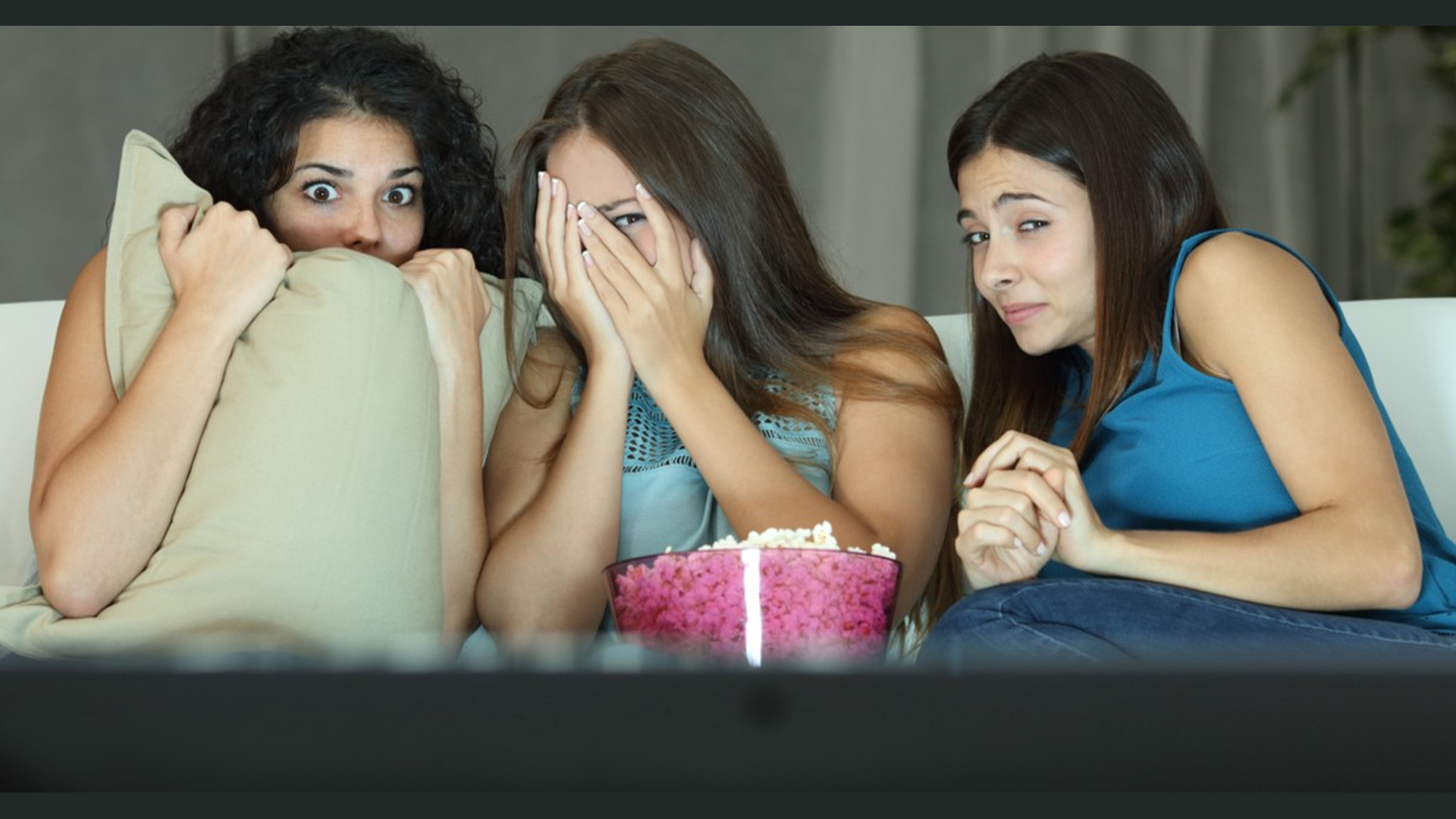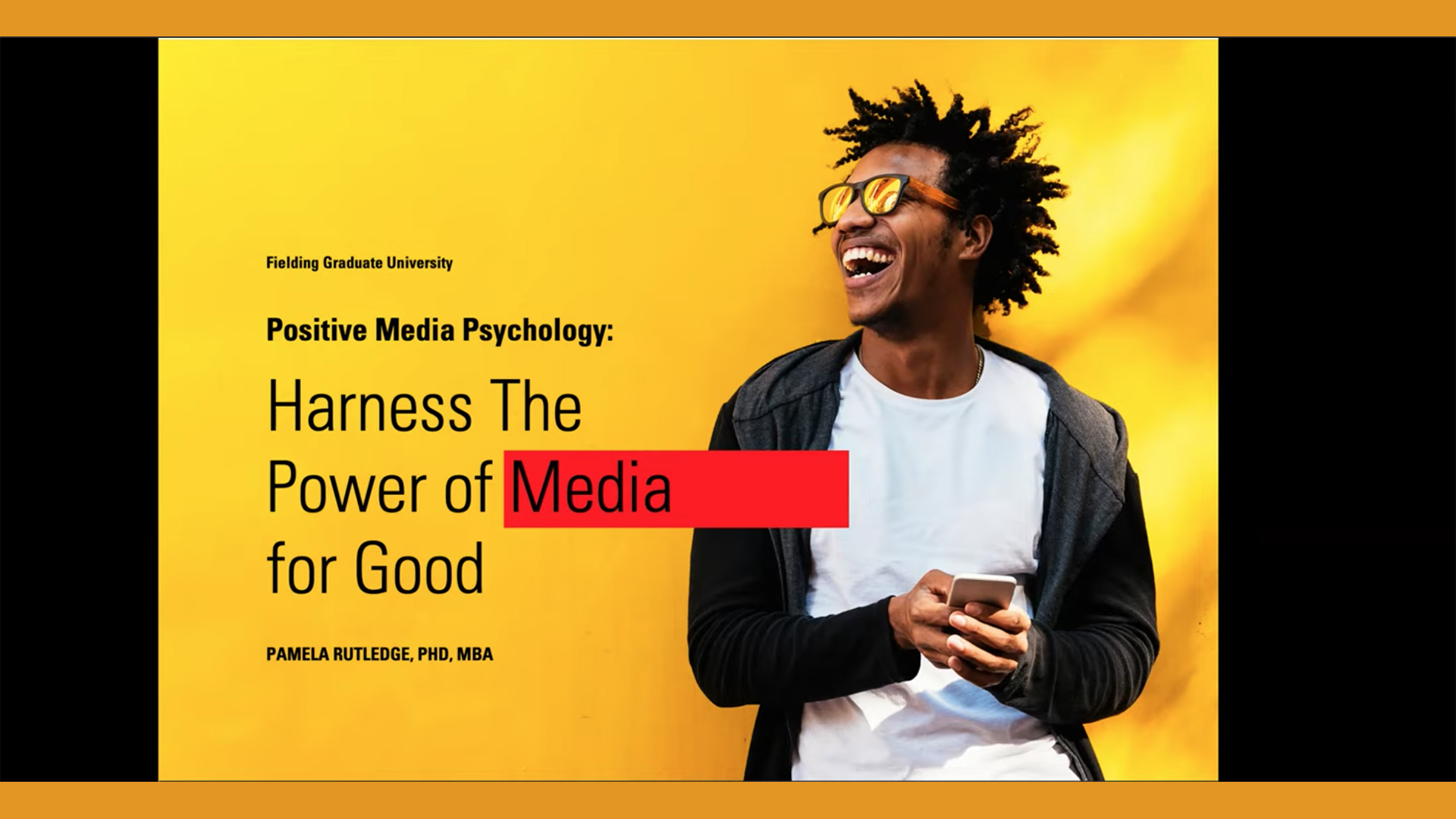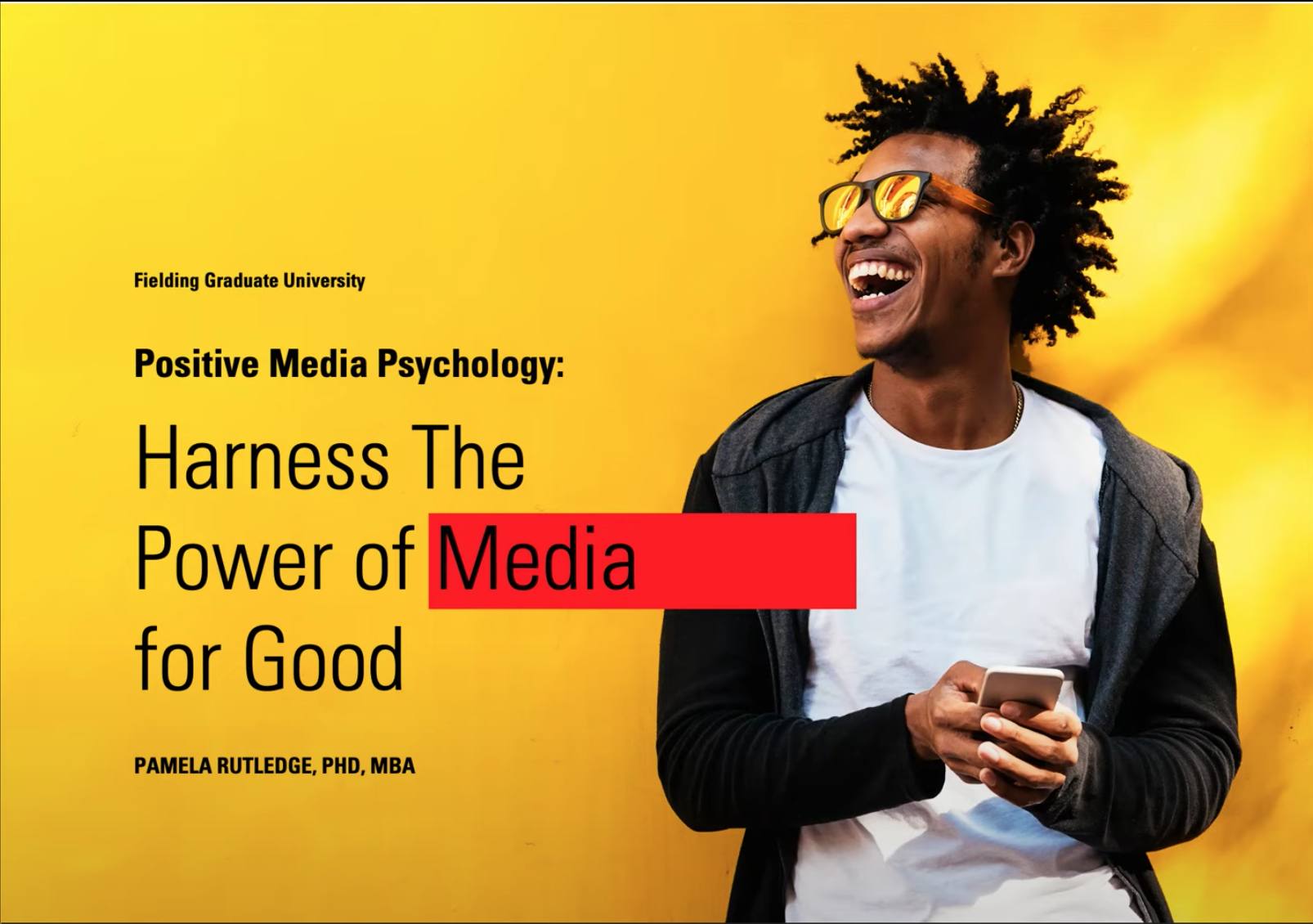The Psychological Appeal of Squid Games: Why We Can’t Stop Watching
Pam Rutledge2021-10-11T18:06:19-07:00Key Points Squid Games is a survival drama and cautionary tale that examines the extremes of social power, injustice, and privilege. It is timely because it encapsulates the powerlessness, frustration, and confusion of the pandemic. In Squid Games, the lack of empathy and cruel abuse of power is more difficult to watch than the violence. Source: Antonio Guillem/Shutterstock Netflix’s Squid Games is a dystopian fiction that pits a group of desperate people against each other in deadly children’s games, lured by the salvation of a large cash prize. The main character is an initially unsympathetic gambling addict Seong Gi-hun who steals from [...]









